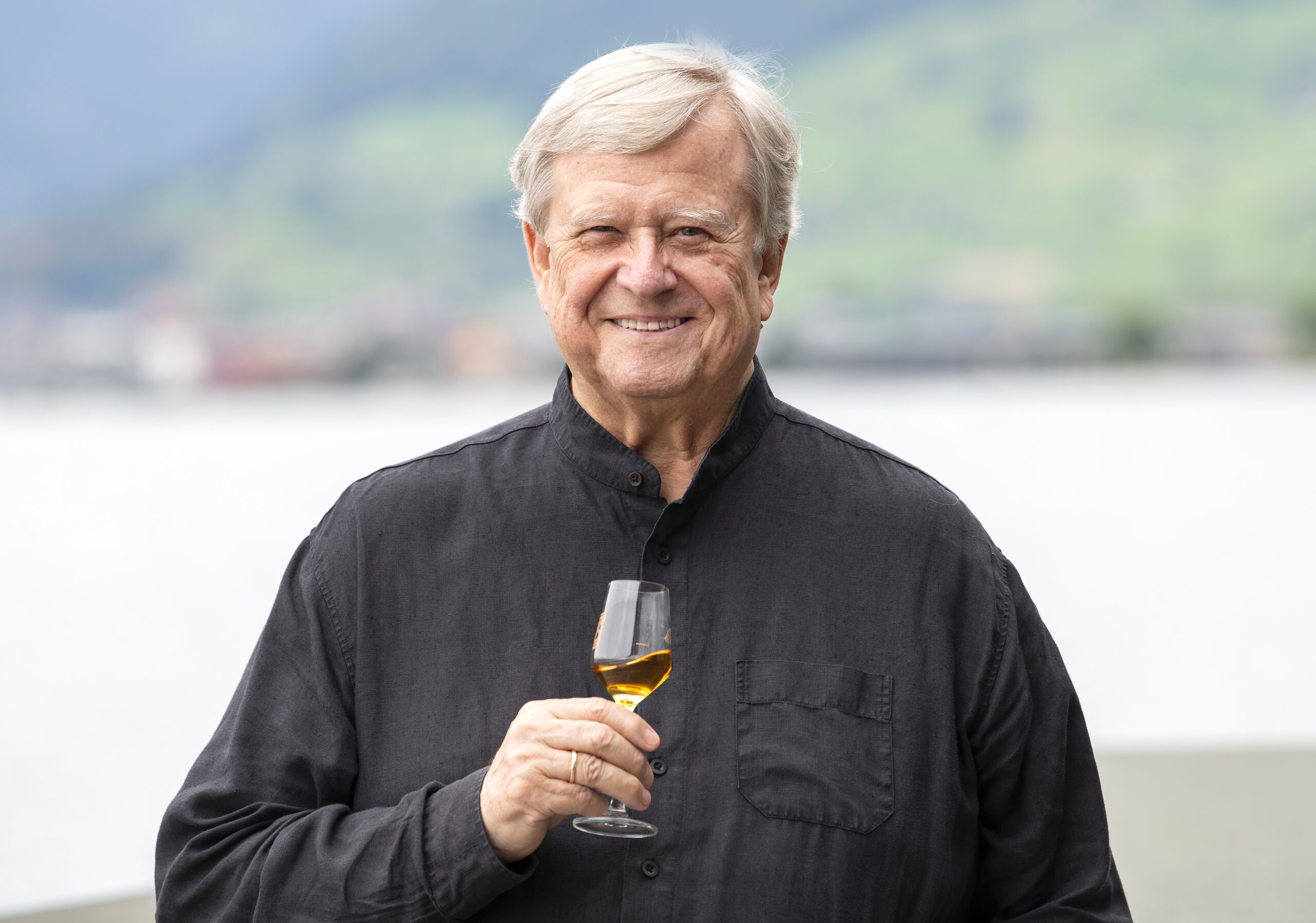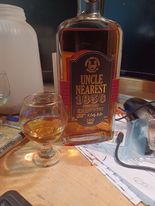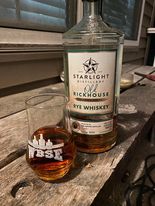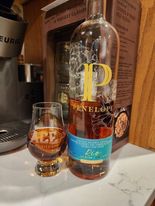Dr. Dolf Stockhausen stands tall as the stalwart pioneer at the head of Seven Seals Whisky. Thus far, he’s led a purpose-driven life, abundant with achievement and honor. Born and educated in Germany, he has called Switzerland home since 2011. His path in life has taken him from a three-generation home in Rhineland, to working at BayerAG, and then rising up to be CEO of the Stockhausen family business (the world market leader in super absorbent polymers for hygiene products).
On a personal level the bedrock of his world is his wife of 55 years (Maria) and his two grown daughters. Not to be outdone, he gives back to his community, having served as a Rotarian for 48 years. Dr. Stockhausen is truly a model human to be celebrated.
A core tenet that he has built his life and reputation on is innovation. In this Whiskey Network article by Daniel Rundquist, you get a deeper understanding of how Seven Seals Whisky is emerging and succeeding on that bleeding edge.
Taking a deeper dive into Dr. Stockhausen, you’ll find that he’s a fan of the opera and cites Wagner as one of his favorites. Two men who lived over 140 years apart have more than just casual parallels to be drawn.

Richard Wagner served as an avant-garde composer in opera in the 1800’s. Many credit him with revolutionizing key aspects that are still relevant and used today. Wagner’s masterwork is the Ring Cycle which is made up of four full-length operas intended to be heard in sequence (Das Rheingold, Die Walküre, Siegfried and Götterdämmerung). It towers over the long, rich history of opera as influential and innovative. It’s easy to picture Dr. Stockhausen enjoying a dram by a roaring fire and listening to Wagner. In his own right, Dr. Stockhausen is serving as a force that is challenging the status quo in whiskey. With his depth of experience and eye for innovation, he’s setting the stage for groundbreaking processes that have the potential to shift the bedrock of an entire industry.
In 2024, the Seven Seals Whisky line up of single-malted barley spirits serves as the emerging tour-de-force of its many expressions. The Classic Line features Amarone Wood Finish, Peated Port Wood Finish, Port Wood Finish, and Sherry Wood Finish. The enigmatic and exciting Zodiac Line offers a variant for each sign. Finally, there is the Cask Strength line that is emerging and expanding. There is a sense of purpose and momentum that is tangible with this whiskey maker.

The hallmark of any great whiskey is compelling character, quality of process, and satisfying results. This month, Whiskey Network dives deep into the world of Dr. Stockhausen and Seven Seals Whisky. Our experts will offer their unbiased reviews. You’ll find out what cigar pairs best with it. Food and cocktails round out our coverage. There will be a proverbial mountain of evidence that will be compelling and convincing to find the rich and tasty rewards waiting for you.
We were able to spend some time with Dr. Stockhausen. What follows is a deeper profile of his history and views around whiskey.
What are your first memories of whiskey?
When I was young and in dance class (1960), blended Scotch whisky was a fashionable drink. The first whisky I ever tasted was Black & White. It’s awful stuff and I wouldn’t touch it with a 10 foot pole, but that was what was available in Germany in those days. This was before the first single malts and bourbons made it there.
What flavors do you enjoy tasting in whiskey when you drink it?
Whisky, if made right, is as rich in complex nuances as wine. There is hardly a flavor and aroma that is not found in it, and even presents new combinations. Malt, smoke, toffee, caramel, vanilla, berries, banana, chocolate, shortcake, rum, and many others. On the one hand, I like the classic direction, where I only use wood for maturation (Age of Scorpio, Aquarius). On the other hand, contrasting pairings are also appealing, like a smoky whiskey with a Pedro Ximenez (Age of Capricorn) or Tawny Port (Age of Taurus) finish, or the cross-finish of a fruity whiskey with a smoky whisky (Age of Aries). The purpose of the Zodiac line is to capture many of these directions. Also, new things are still being added. For example, beech and hickory wood as well as woods from which there are no casks available such as pear, plum, apple and walnut.
Was there a moment when you decided that you wanted to be a whiskey maker?
The man who built our Swiss apartment complex asked me one day (in 2014) if I could help him make whisky because he had bought an old schnapps distillery. I agreed, but at the same time I saw the problem that I would be well over 80 when I would be able to broach the first barrel. I thought about how to accelerate the maturation without losing any of the quality, if possible, even improving the quality. It wasn’t long before I came across Fick’s Law of Diffusion, which points to replacing maturation time with a larger surface area and a greater concentration of flavor and aroma than a barrel can provide. When I had registered my patents, my supposed partner sold the property with the distillery on it without telling me a word about it. Thank God I then found Langatun Distillery and Chris Lauper, with whom I was able to continue.
Do you recall the first whiskey you ever made? What was it like?
It took quite a few attempts before I found out that I had to reduce the tannin content in the wood flakes to prevent bitter whiskies. I also gradually found out that I had to impregnate the wood with pretty things like sherry or port to get something really exciting. Eventually, I realized that I might have to combine several maturing processes to get an interesting complex taste result. One of the first whiskies I made after that is still in the range. It is our classic Sherry Wood Finish.
Can you share a story about a personal experience that involves whiskey?
There are a couple of different memories.
I have a memory from my first dance class when I was 16 years old. We were crazy back then and held a drinking contest that ended with my best friend drinking a bottle of gin and me drinking a bottle of whisky. As I said earlier, it was Black & White. The next day I did indeed feel the way you feel after too much blended whiskey (I would certainly have felt better with my current single malts).
The second memory I have is of December 27, 2005. In Graz (Austria), I was then serving as Rotary president and had to give a lecture at the meeting that no one else wanted to do because of the holiday. I had three days to work out a concept, but I was already pretty familiar with the subject at the time. I presented 10 Scottish single malts that I had at home, nicely garnished with tasting notes from the Malt Whisky Companion, plus the history of whiskey and the method of its production. The presentation was very well received, and that’s why I had to give a similar presentation time and again in the following years. I stuck with it when I moved to Switzerland, and that’s how I came across my first “partner” to make whisky myself.
What are values that you feel are key to success?
A lot of curiosity, loving knowledge of the subject, and product. Also, intimate knowledge of process engineering, especially outside the existing production methods. For example, from the chemical industry, in which I was at home, without the inhibition of convention to think and experiment outside the box. During my time in the chemical industry, I benefited from the fact that I didn’t have a formal degree in chemistry. I believe that chemistry students are encouraged far too much to think within the narrow confines of their traditional art. Since I didn’t know all that much of this, I came up with things that a chemist with a degree would not have thought of because of the blinders he had been fitted with. It’s no different in the field of spirits production. Mind you (and always remember), contentment is the death of progress.
As Thomas Morus said: “Tradition is not the worship of ashes but the preservation of fire.”
Who in your life has had the biggest influence in shaping you?
Definitely my one and only wife Maria, whom I met at the age of 18, and with whom I have been together since. We were both young and malleable, constantly developing towards and with each other in search of new themes in the arts and in science, open to new people, environments, and cultures, especially in Europe and in North and South America.
What is next in 2024 for Seven Seals Whisky?
2024 will be a particularly exciting year. First, there is the further development of the existing product lines. After the single malts and the successful world-wide launch of our two Canadian whiskies, a corn whiskey will be added. It will also be the year of exotic woods, those that have interesting flavors and aromas to contribute, but from which there are no casks available, all products planned as limited editions. That’s higher bread and butter, but perhaps more important are the two major innovations for which we are in the process of registering the basic patents.
The first is a radically new distillation method, the aim of which is to ensure better preservation of the flavors and aromas inherent in whisky beer and to prevent side reactions from occurring, which produce undesirable flavor and aroma components, which then must be laboriously corrected again through many tedious years in the barrel or through special treatment with our wood flakes.
The second is the replacement of peat in the production of peated malt to produce smoky whiskies. Soon, peat will no longer be allowed to be extracted almost anywhere in order to prevent the swamps and bogs from being pushed back any further. The distilleries have started to experiment wildly to replace peat, resulting in some really obtuse solutions such as smoking with grass sods. I have rarely tasted anything as awful as a whiskey made with it. I have now found a method to produce smoky malt without peat, more cost-effective and with improved flavor potential.
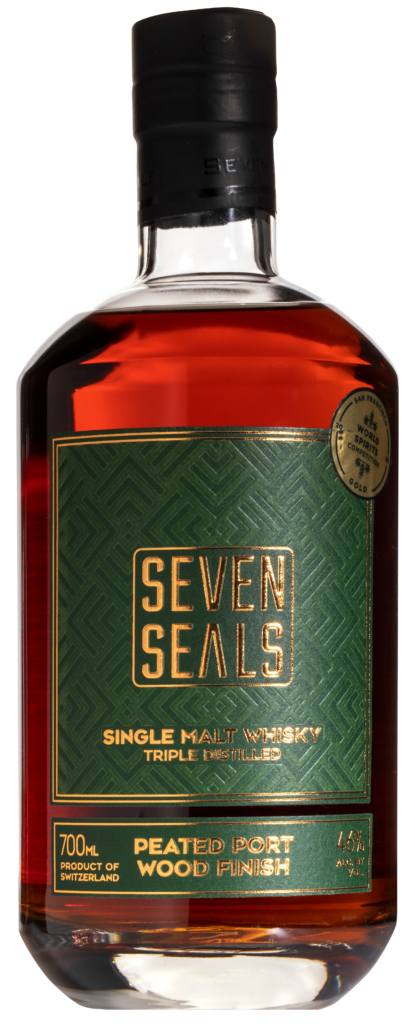

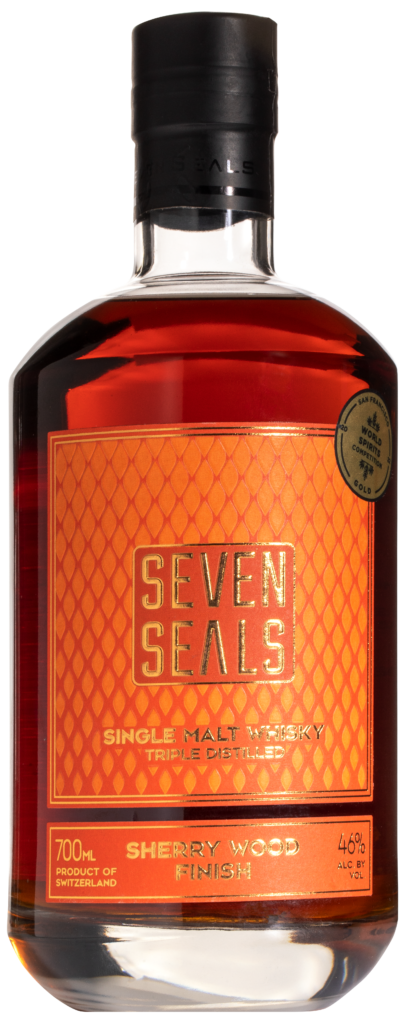
Wrapping things up, it is our tradition at the Whiskey Network to ask our guests the same final 5 questions, also known as the Mashbill: Whiskey Network Wants to Know Your Recipe
Question 1: What was the last whiskey, bourbon, or scotch in your glass?
One of my trial products: Peated NewMake with a French Oak/Beech Wood Finish, 58.7 % abv, very peated, but very soft, very long, better than many Islays.
Question 2: Do you prefer to drink your whiskey from a specific type of glass?
For the most part a nosing glass, preferably Glencairn. For me personally, I have a Sterling silver cup which looks like a much deeper Quaich.
Question 3: Do you have a Unicorn bottle?
Not to my knowledge. I don’t collect old whiskies either, because I don’t believe in the saying “Only old whiskies are good whiskies”. I agree with what some books in the literature say, namely that whiskies that are matured in casks have a maximum age after which they don’t get any better, possibly even worse. You have to bear in mind that smoky whiskies lose a little of their smokiness every year in the cask.
Question 4: I’m looking for a gift for a friend. My budget is around $50 to $75. What would you recommend I buy?
In Switzerland, I would recommend the Zodiac Single Malt of the friend’s birth month at (US$66.66) or a bottle from our Classic Series, the expression depending on the friend’s preferences, at US$77.77.
In the US, the prices are slightly higher at $79.99 in our web shop, but it may vary depending on the state and retail outlet. Also, you have to bear in mind that our single malts are not comparable with simple Scottish products like Dalmore or Dalwhinnie, as older scotches often cost well over US$100.
Question 5: What is your favorite toast?
Just simply “Prosit!”, “Cheers”, “Slainté”, or “Salute”, depending on the company I’m with. Since we’re not Scottish, and don’t want to be, I consider it silly to generally say “Slainté mhath”. I would only say that in the company of Scots.
Thank you for taking the time to answer our questions. We look forward to continued innovation and growth in 2024 and beyond for Seven Seals Whisky.
Thank you.
In any industry, it’s difficult to drive innovation. Against the long-standing traditions in the whiskey world, this is an exceptional challenge. It is crucial that early adopters among consumers embrace an adventurous spirit and follow the Seven Seals Whisky team into these brave new frontiers. Modern whiskey is deeply rooted in the ideals of quality, big flavors, and a bit of intangible magic that can only come from the unobstructed mind of someone like Dr. Stockhausen.
Seven Seals Whisky is a fascinating force in the industry. The April 2024 edition of Whiskey Network Magazine provides a variety of perspectives and focus to dive in and discover more.
You will not be disappointed!

